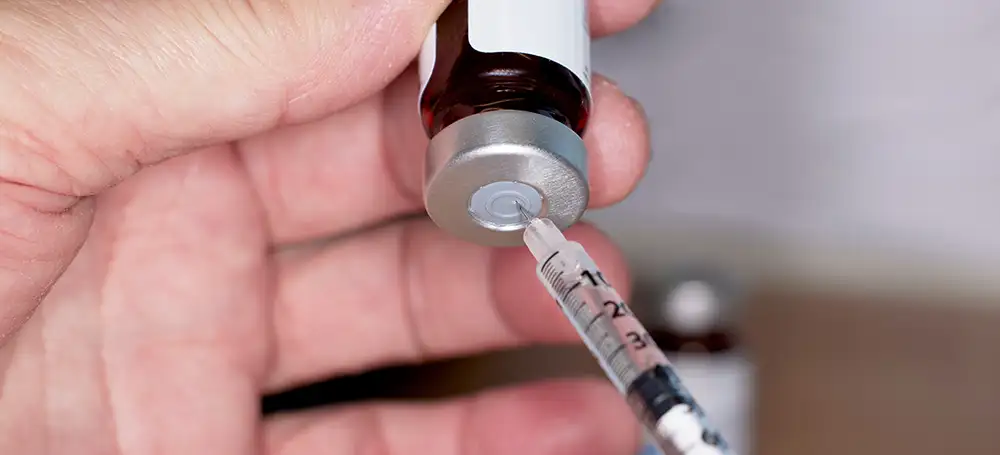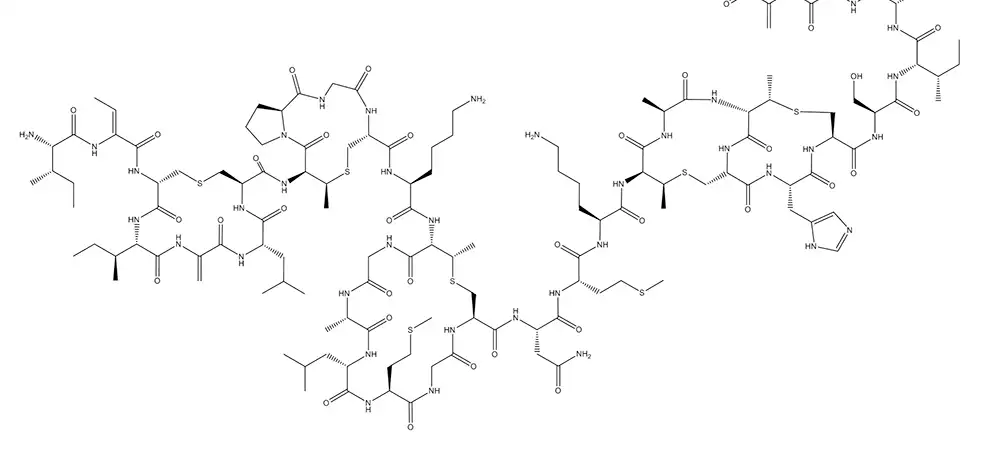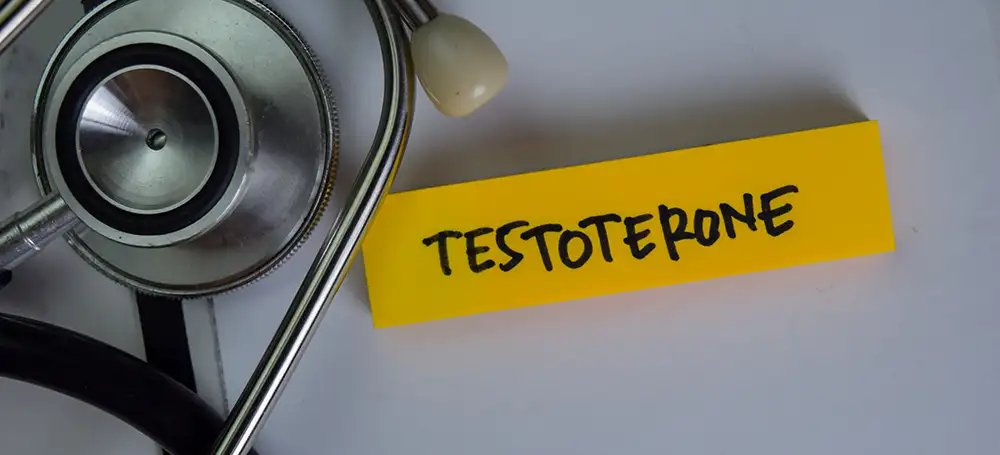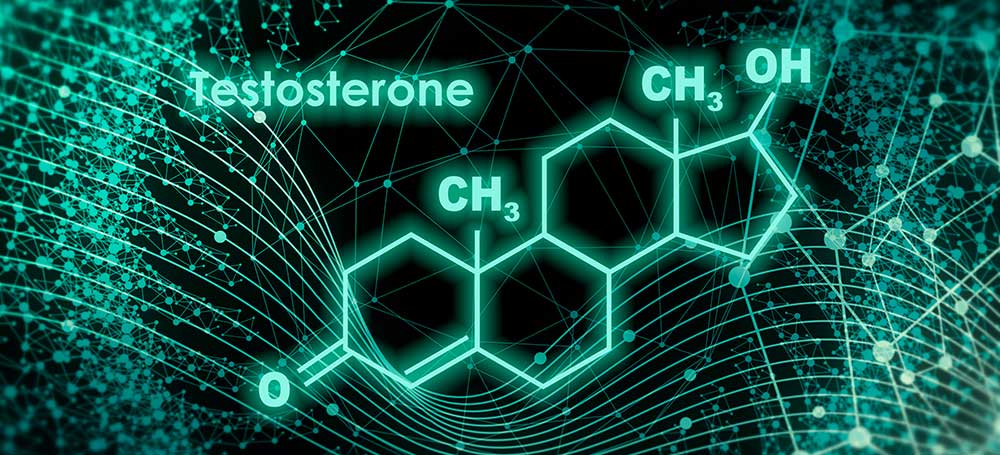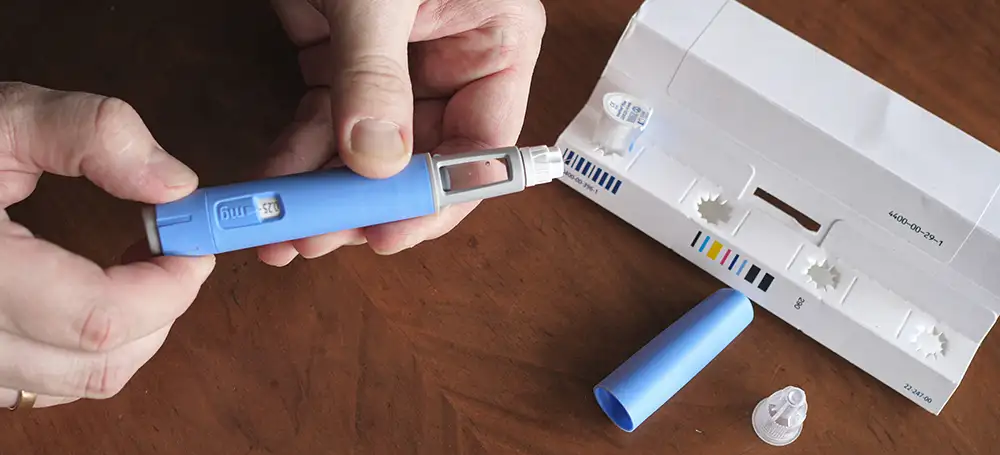Low testosterone affects nearly 39 percent of men aged 45 and older. Seeking out the right kind of treatment is crucial to addressing this hormone deficiency properly. Before you decide whether hormone replacement therapy in Massachusetts is right for you, it’s a good idea to do your research on the topic so you can make a well-informed decision.
Unfortunately, there are many common misconceptions regarding low testosterone. This misleading information can prevent men from taking the best course of action for their needs. If you’re having trouble sorting through all the facts, you’re in the right place. Here are some of the most common myths about low testosterone and what the truth is.
- Low testosterone only affects older men.
Many people are led to believe that a testosterone deficiency only occurs among older men. This myth stems from the fact that many of the symptoms of low T are also common symptoms of aging, such as baldness, reduced bone density, lower energy levels and a decline in sex drive.
In reality, though, men of all ages can experience low testosterone levels. Even though the symptoms of this deficiency are commonly associated with older men, they may appear at any point in a man’s life. It’s important to be aware of the signs of low T so that you can recognize them in yourself or someone else.
If you’re concerned that you may have a hormone deficiency, be sure to speak to your doctor about your symptoms. Regardless of your age, a physician can discuss your treatment options with you and help you address the issue in a safe and healthy way.
- Only men can experience low testosterone.
The vast majority of information on low testosterone is geared toward men. However, this doesn’t mean that males are the sole group affected. A testosterone deficiency can occur in women as well. While some of the symptoms reported by women differ from those reported by men, there is a fair amount of overlap between both sets of symptoms.
Some of the most common signs of low testosterone in women include:
- Muscle weakness
- Fatigue
- Reduced sex drive
- Difficulty sleeping
- Fertility issues
- Reduced bone density
- Weight gain
- Irregular menstrual cycles
It’s just as important for women to recognize the symptoms of a testosterone deficiency as it is for men. By being aware of these common signs, women have the opportunity to receive the appropriate treatment for their needs. Hormone replacement therapy for women can help improve various areas of their health and well-being, from their reproductive health to their overall mood.
- Lifestyle habits don’t have any influence on low testosterone.
Because low testosterone is a biological issue, it may not seem like everyday habits play a role in its development. This is not the case, though. Research suggests that certain activities may raise a person’s risk of a testosterone deficiency. Some well-known examples include smoking, an unhealthy diet, a lack of exercise and the consumption of certain types of medication.
It’s worth noting that many people dismiss low testosterone as an age-related deficiency. As a result, they mistakenly believe that they are immune to low T, which leads them to engage in harmful habits. No matter how old you are, the way you treat your body matters.
If you’re already struggling with low testosterone levels, changing your lifestyle habits may help to provide some relief. However, this is in no way a substitute for professional treatment. Hormone replacement therapy is often necessary to properly restore your hormone levels back to normal. By supplementing therapy with healthier habits, you can address a low T problem more effectively.
- A testosterone deficiency only impacts sex drive.
A reduced sex drive is just one of the many symptoms that are associated with low testosterone levels. There are a host of other side effects that may come along with a testosterone deficiency, and it’s crucial to be aware of all of them so that you know when it’s time to seek out treatment.
Even though testosterone is known as the primary male sex hormone, it is responsible for a wide range of key functions throughout the body. The main purposes of testosterone other than regulating sex drive include managing body temperature, monitoring energy levels, building muscle mass, promoting healthy sleep, regulating weight and maintaining hair growth.
If your testosterone levels are lower than normal, you might begin to experience any of the above symptoms. It’s vital to understand the multiple roles of testosterone in the body so that you recognize the warning signs when they appear.
- Low testosterone levels are always accompanied by symptoms.
If you don’t notice anything out of the ordinary with your overall well-being, you might assume that everything is running smoothly. Unfortunately, low T levels aren’t always accompanied by clear, noticeable symptoms. It’s possible to have a testosterone deficiency yet feel like your normal self in your day-to-day life.
In other cases, symptoms may not appear until later on. For example, you might not begin to feel lethargic or suffer hair loss until your hormone deficiency has become more pronounced. Other symptoms may not appear at all, making it difficult to determine whether your testosterone levels are lower than usual.
This is why it’s a good idea to have your doctor perform a blood test to ensure that your hormone levels are typical for a man your age. Not only does getting tested help alert you of a potential testosterone deficiency, but it also gives you peace of mind. You won’t have to wonder if you need hormone replacement therapy once you have the results right in front of you.
- All the signs of low testosterone are visible.
While there are many physical symptoms of low testosterone, such as hair loss and reduced muscle mass, they don’t tell the whole story. Many men who suffer from low T also experience a number of emotional and cognitive symptoms that may go unnoticed by the people around them. These effects can range from mild to severe, depending on a man’s hormone levels.
One of the lesser known psychological effects of low T is a low mood. This typically stems from a sharp decline in energy levels. Men with a hormone deficiency may find themselves feeling down more often than usual, and they might struggle to focus on any given task for an extended period of time. This can negatively impact their work or school performance as a result.
Sometimes, a severe testosterone deficiency can lead to depression. Depression is a common mental health condition characterized by a loss of interest, a pessimistic outlook on life, low energy, feelings of hopelessness and changes in sleeping and eating habits. If you’re concerned that your low T has caused you to develop symptoms of depression, be sure to talk to a mental health professional as soon as possible.
- You can manage a hormone deficiency on your own.
It may be temping to think that low testosterone levels is a problem that you can handle on your own. Without proper hormone therapy, though, it’s unlikely that you’ll see the positive results you want. Some strategies may make a small difference on a short-term basis, such as eating better or exercising more, but they rarely create lasting change when it comes to hormone health.
Another false assumption is that your testosterone levels will resolve themselves with time. Men’s hormone levels tend to decline naturally as they grow older, meaning that any existing testosterone deficiency will only continue to progress as you age. The most effective method for tackling a low T problem is to address it as soon as you notice there’s an issue.
If you aren’t sure which course of action is best for you, talk to your doctor about the symptoms you’re experiencing. Whether you’re battling weight gain or sleep troubles, remember to be open about your situation. Once you understand the facts on hormone replacement therapy, you’ll be better equipped to make a decision with confidence.
- There is no safe way to treat low testosterone levels.
Too many men continue to live with low testosterone due to not being aware of the treatment options that are available to them. Others may have heard of reputable treatment options like hormone replacement but are wary of the purported side effects. While certain forms of treatment may not be safe or effective, others have led to transformative effects in countless men.
Hormone replacement therapy is one of these treatment methods. Although there are some possible side effects attached to hormone therapy, many of them are mild and only affect a relatively small percentage of men. Examples of mild effects include swelling in the ankles, acne and breast tenderness.
To prevent more severe side effects from developing, a medical professional will closely monitor your body’s response to the treatment throughout the session. This will help provide you with the peace of mind you need. In addition to checking your symptoms, a specialist will monitor your blood levels prior to treatment and confirm that you’re in good shape to begin hormone therapy.
What to Know Before Beginning Hormone Replacement Therapy
To boost your chances of success after completing hormone treatment, you want to identify your goals well ahead of time. The specific type of hormone replacement therapy you choose to undergo depends heavily on your testosterone levels as well as your personal lifestyle. The treatment method that worked well for your friend won’t necessarily have the same effect on you, so always keep your needs and goals at the forefront of your mind.
It’s also a good idea to have the right expectations before beginning your first hormone replacement session. Talk to a specialist about what hormone therapy entails and ask yourself if it aligns with your goals for your health and well-being. This way, you’ll have an honest and realistic idea of what your treatment sessions will look like.
Regardless of how you approach it, hormone therapy can have many positive effects on both your physical and mental health. Once your testosterone levels begin to increase, you may even begin to notice that you feel like a better version of yourself overall, from your day-to-day mood to your overall appearance.
Start Getting the Results You Want From Hormone Treatment in Massachusetts
When deciding if hormone replacement therapy in Massachusetts is the optimal choice for your needs, it’s important to differentiate myth from reality. Now that you’ve familiarized yourself with eight of the most common myths regarding low testosterone levels, you can address your hormone deficiency by making a well-informed decision.
At Boston Vitality, we’re committed to providing consistent, high-quality care to men in the state of Massachusetts. We always make your health a top priority when offering our top-tier hormone replacement therapy and treatment services. By optimizing a man’s hormones, we fight all the unwanted effects of low T on your libido, energy levels, sleep quality, mental clarity and mental and emotional stability.
To learn more about what we do or to get started with hormone replacement therapy, feel free to reach out to us today.




